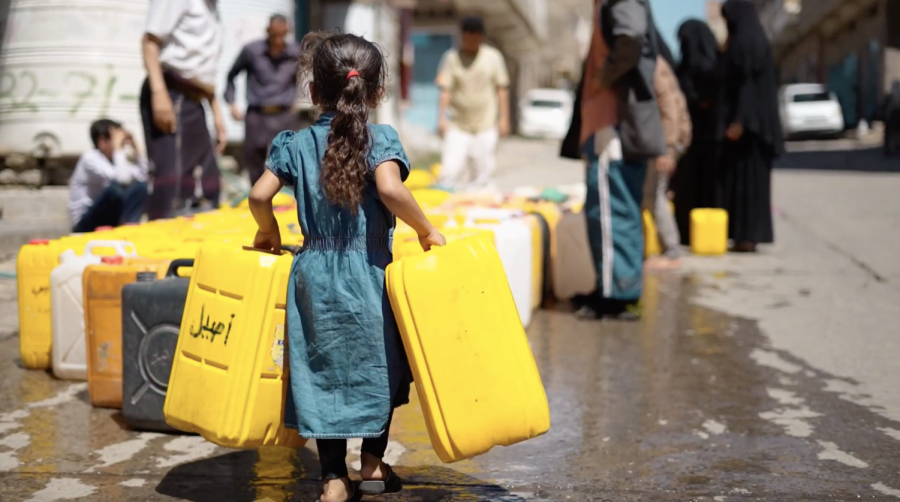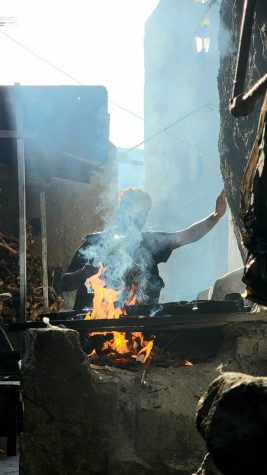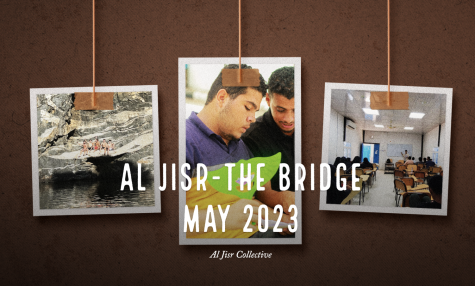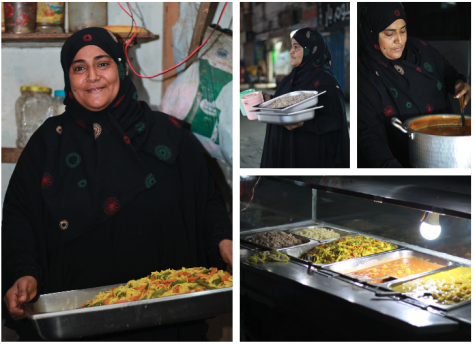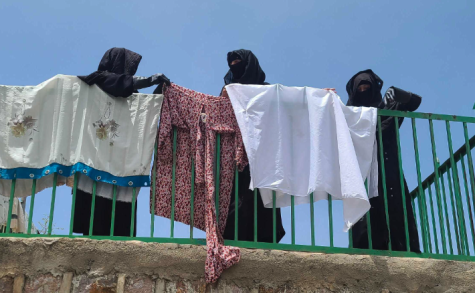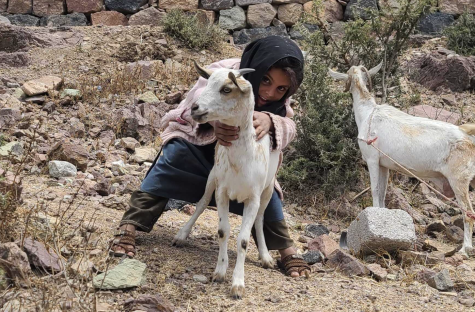Yemen’s water crisis, clean water is a dream
May 23, 2023
Yemen is currently one of the world’s most water-scarce countries. According to The World Bank, about 18 million people in the country need clean water.
Yemen’s water network reaches less than 30 percent of the population, as noted by the International Committee of the Red Cross. This leaves most of the country responsible for obtaining and sanitizing their water.
Women and children are primarily responsible for this task. It often entails long distances to fetch water from a stream outside their village. This journey takes many hours and must be done every day. Some children must stop attending school to gather water. Families have also moved away from cities to be closer to their water source.
The difficulty in finding clean water has had severe consequences for the country. Malnutrition and other major health issues have been linked to the water crisis.
In October 2016, Yemen experienced a devastating cholera outbreak, a waterborne bacterial infection. The disease plagued the country for the next several years. Some 2.5 million cases were reported, and over 4,000 people died. According to the World Health Organization, Yemen accounted for 93 percent of the world’s cholera cases in 2019. There are still cases being reported seven years later. In August of 2022 alone, there were 556 suspected cholera cases, as reported by UNICEF.
A concern for the future of cholera in Yemen brought up by the NASA Earth Observatory is that the bacteria that causes the disease is still in the drinking water. Without better water sanitation systems, the country could see yearly outbreaks.
The unsanitary water in Yemen also adversely affects people’s teeth and bones. The high fluoride levels in the country’s water supply can cause a discoloration of teeth, known as fluorosis. It can also weaken and deform bones, especially in children while growing.
We interviewed two Taiz citizens affected by this water crisis in Yemen. They explained to us their struggles to get water for their families. They also opened up about how their faith supports them through these challenges. Finally, they shared with us a devastating incident that occurred when a new water tank was being installed.



